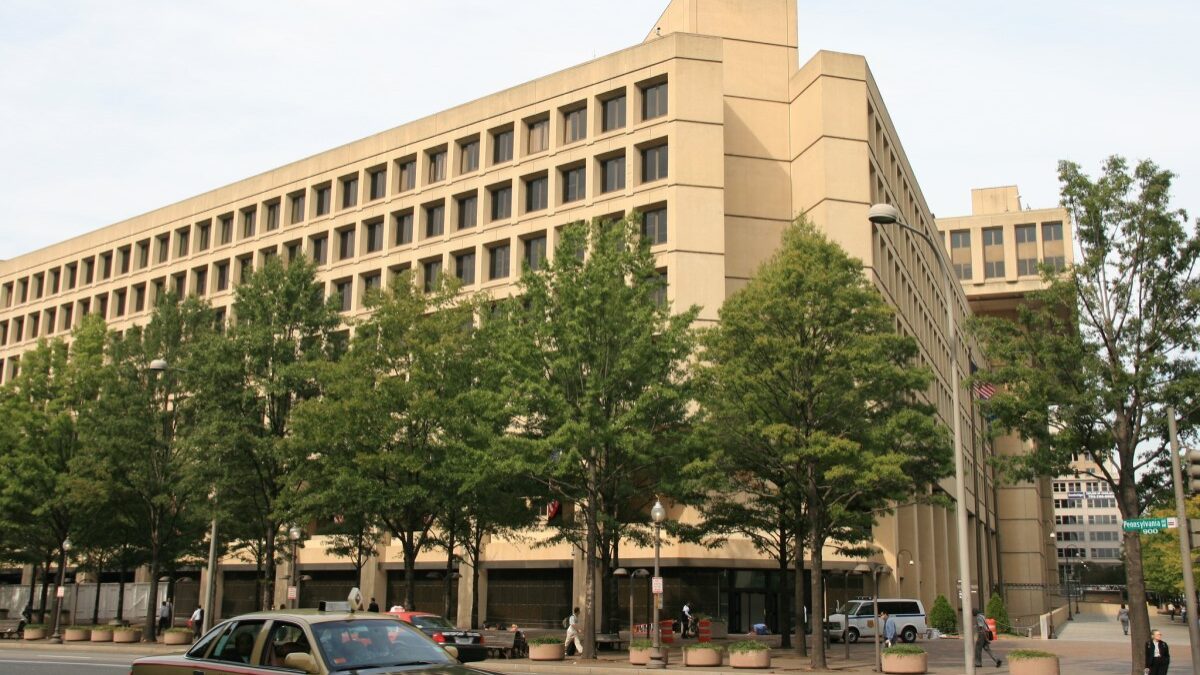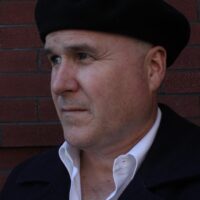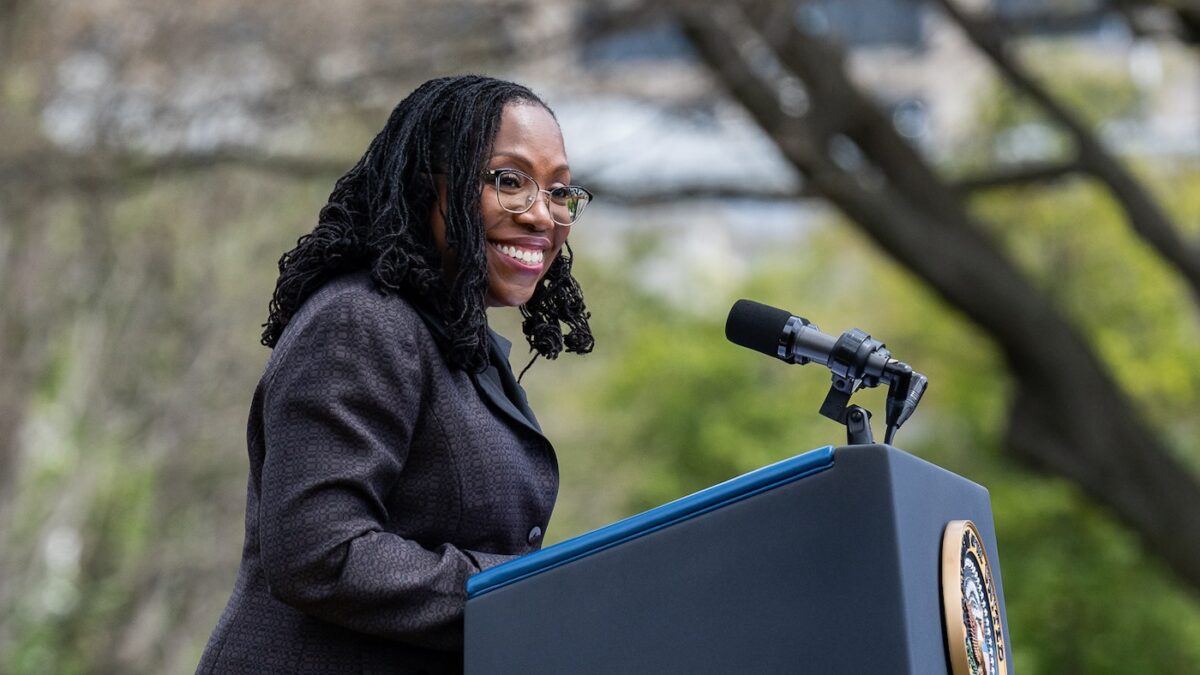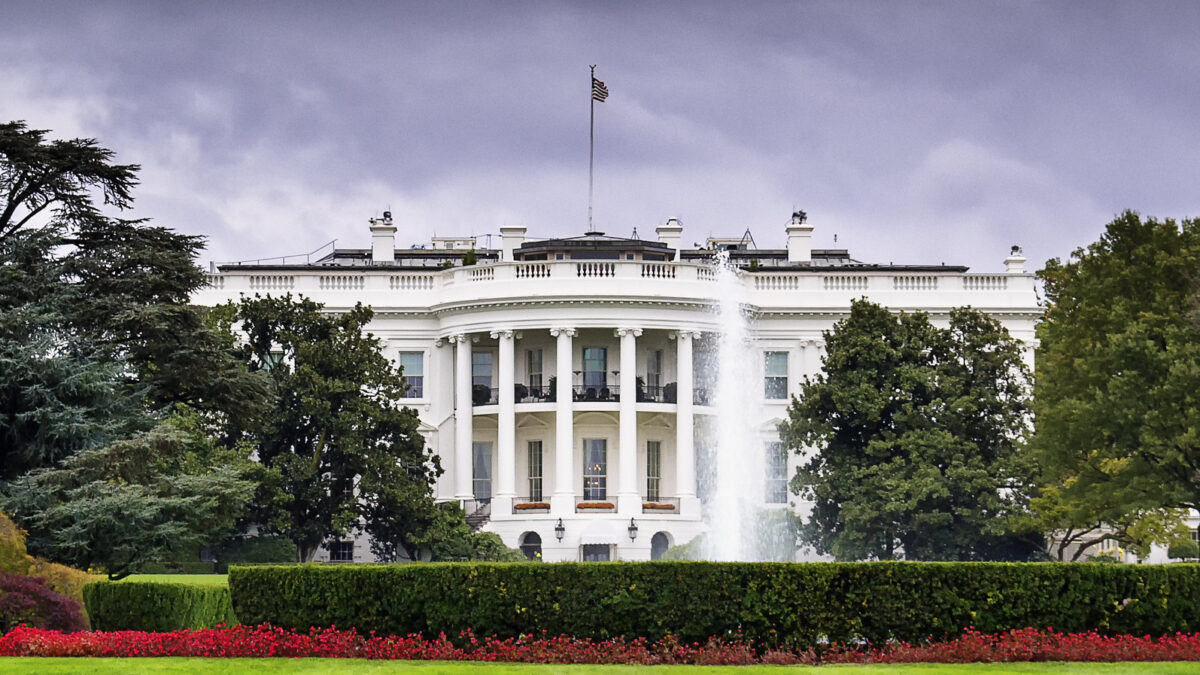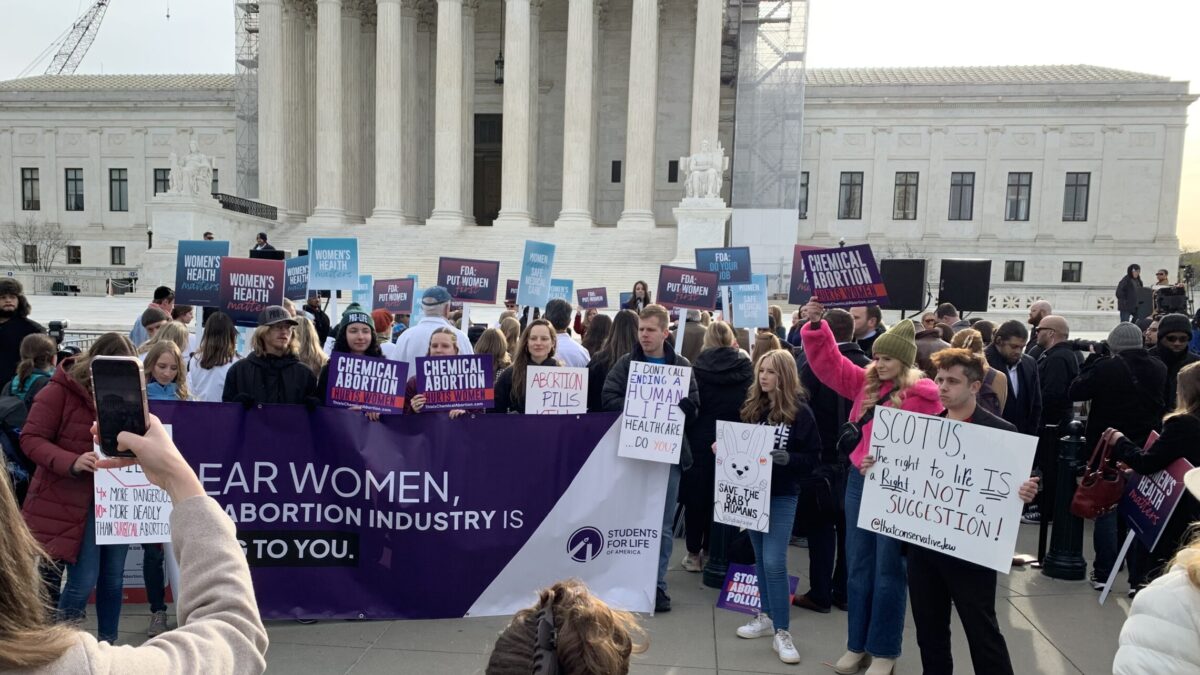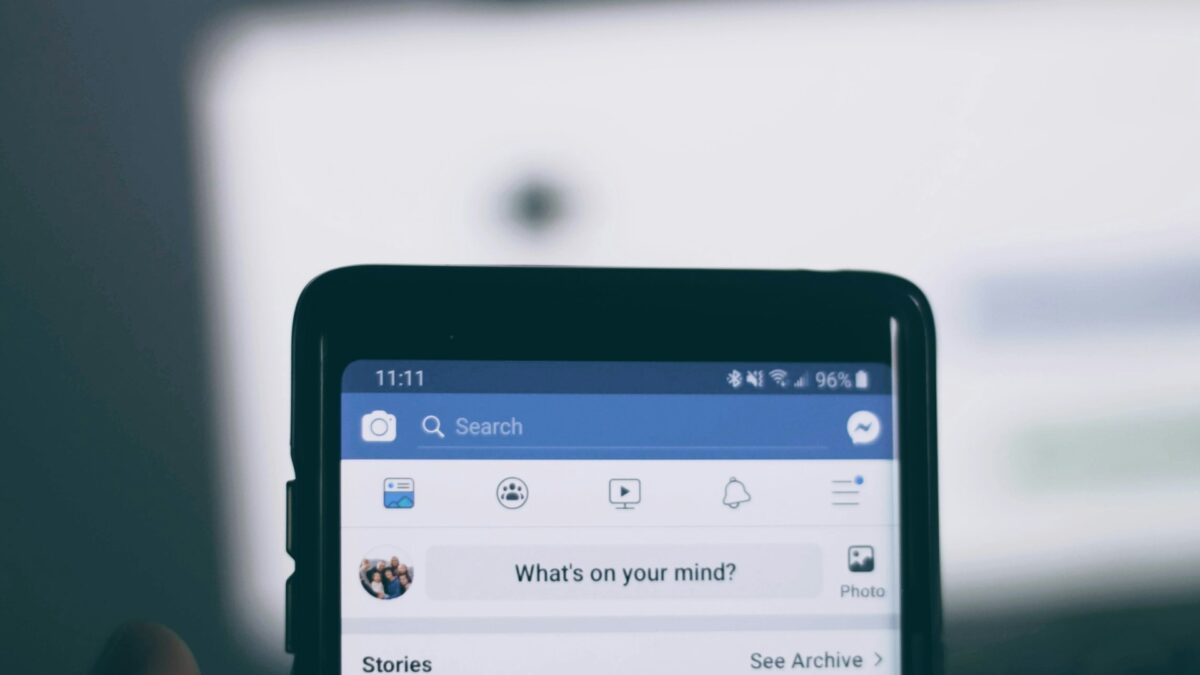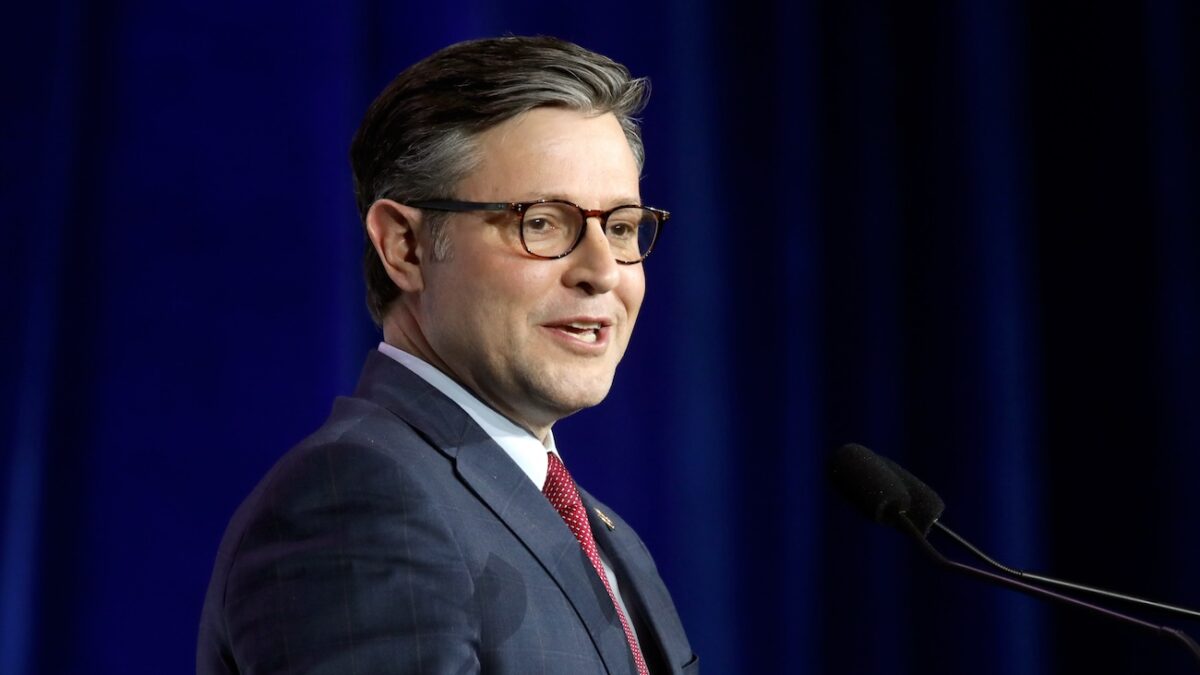This is an excerpt of “The Devil’s Triangle: Mark Judge vs. the New American Stasi,” by Mark Judge, out on Nov. 14 from Post Hill Press.
On September 18, just two days after [Christine Blasey] Ford broke her story [claiming Supreme Court Justice Brett Kavanaugh had sexually assaulted her] in the Post, the Hill reported that President Trump was bent on exposing what he called a “corrupt” FBI. John Solomon and Buck Sexton reported that Trump “said Tuesday he ordered the release of classified documents in the Russia collusion case to show the public the FBI probe started as a ‘hoax’ and that exposing it could become one of the ‘crowning achievements’ of his presidency.”
It later would be revealed that [FBI Director James] Comey wrote seven memos summarizing his interactions with Trump and then sent one of them to a personal friend and lawyer, directing him to leak the contents to a New York Times reporter. The leak resulted in the appointment of a special counsel to investigate the president.
As the IG’s report later concluded, “The unauthorized disclosure of this information—information that Comey knew only by virtue of his position as FBI Director—violated the terms of his FBI Employment Agreement and the FBI’s Prepublication Review Policy.”
Then there was the ridiculous figure of Frank Figliuzzi. The former assistant director of the FBI, Figliuzzi was a fixture on MSNBC, where he served up left-wing concern porn about conservatives.
Right after the FBI probe was announced, Figliuzzi appeared on MSNBC with notorious liar and hack Brian Williams. Figliuzzi didn’t have anything to say about Ford’s testimony. He was too excited about us getting nailed by the bureau. “This is where the FBI shines when it is allowed to,” he said. “Pagers have gone off, text messages are being sent, calls are being made. Everybody has been on standby. If you are in the Baltimore division that covers Georgetown Prep where Kavanaugh went to high school, if you are in the New Haven, Connecticut division that covers Yale, if you are in California where some of the accusers and survivors are, you are in action…tonight.”
Another talking head on Williams’s show was left-wing attorney Barbara McQuade. To her there was no doubt where the investigation should start: “The place that I would start with is with Mark Judge. This is the one person that Dr. Ford actually puts in the room when this alleged sexual assault occurred. And so talking to him could be so critically important. I know that he has submitted a letter saying that he doesn’t remember this, but that’s so different from having an FBI agent show up on his doorstep.”
Given all this evidence of partisan corruption at the Bureau, I was naturally apprehensive about my interview.
*
At my request the meeting took place at the shiny new FBI building in Manassas, Virginia, about twenty miles outside of Washington. I arrived early, before three o’clock, parked in a lower lot, then walked up to the main entrance. Just then, in the parking lot of a shopping center across the street, a van came roaring up and, when the driver caught sight of me, squealed to a stop. The media was here.
Biz showed up a few minutes later, driving a white convertible. It was Sunday, and the grounds were quiet. We went through security and were met inside by two agents, a man and a woman, who looked to be in their late thirties or early forties. The male agent informed me that the interview would last “anywhere between three and seven hours.”
That was quite a wide swath of time. I later figured out that if an interview is shorter, it means you’re telling the truth. The only reason it would stretch to seven hours is if you were lying. In other words, the FBI probably already knew the truth of whatever did or did not happen to Christine Blasey Ford. I was just there to confirm it.
My interview lasted three hours.
We sat around a table in an immaculate conference room. At the start I reiterated what I had been saying from the beginning: I had nothing to hide, and I had no problem talking to Ford herself, indeed I wanted to do so, anytime, with anyone she wanted in the room including the FBI. I just, hand to God and standing before Jesus, had no recollection of any party where she was there and Brett and I were drunkenly stumbling around forcing hapless women into bedrooms.
The agents started broad and drilled down to the specific. I described the party scene of the 1980s and my friendship with Brett. I described him as I knew him—a brilliant, somewhat nerdy and shy guy who loved sports and was a bit awkward around girls. I could not imagine him attacking anyone.
They asked if I knew any guys in high school who were aggressive toward girls, and I said yes—both at Georgetown Prep and other places. They asked if I had ever drunk so much that I blacked out at parties. The answer was yes. However, I also explained that the nature of alcoholism is progressive. I wasn’t stumbling around blind drunk throughout my four years at Georgetown Prep. I remember most of my experience there with love and fondness. While I had blacked out once or twice in high school, it didn’t become a horrible nightmare until college.
Slowly over the course of three hours I began to develop my own theory. Opposition researchers had looked into my life, found a crazy period in the mid-1980s when my alcoholism was at its worst, and tried to tie Brett into that era. The benders, the blackouts, the anonymous women—it was essential for them to put me and Brett together during that period.
There was only one problem. I was in Washington at the time, and Brett was at Yale in New Haven. We just never saw each other.
This would help explain Ford’s changing dates. A July 6 text to the Washington Post stated that the incident occurred in the “mid 1980s”; Ford’s July 30 letter to Feinstein said it occurred “in the ‘early 80s’”; her August 7 polygraph statement claimed it occurred “one ‘high school summer in early 80’s,’ but then she crossed out the word ‘early.’” Why the constant changes unless she was trying to connect me and Brett at a specific time in our lives when according to my own published writings I was an acknowledged binge drinker?
When I was asked about my hanging out at DC’s country clubs, I had to remind the agents that I was never a member of any club, nor was any member of my family. My parents thought they were elitist and corny.
I was also asked about my infamous summer job at the Safeway supermarket in Potomac. Ford had claimed that she had run into me there after the assault and that I looked “ill” with shame and couldn’t face her. I never denied working at Safeway—I had written about it in my memoir. I just had no recollection of running into Ford there.
I also kept wondering about Monica McLean. According to the Wall Street Journal, Leland Keyser told FBI investigators that she was pressured by Ford’s friends and allies to reconsider her initial statement that claimed she was unaware of evidence supporting Ford’s allegations of sexual assault against Brett. Keyser told the FBI that following her initial statement, Monica McLean, a retired FBI agent and a friend of Ford’s, advised Keyser to “clarify” what she had said. If true, this would amount to witness tampering.
This news came after CNN obtained a declaration by a man who said that “he dated Ford in the mid-90s.” The man wrote that he “witnessed Dr. Ford help Monica McLean prepare for a polygraph examination.” According to her ex-boyfriend, “Ford explained in detail what to expect, how polygraphs worked and helped McLean become familiar and less nervous for the exam. Dr. Ford was able to help because of her background in psychology.”
McLean denied working with Ford on how to handle a polygraph as well as charges of witness tampering. “I have never had anyone assist me with the preparation of any polygraph,” she told CNN. “Ever. Not my entry polygraph, not my 5-year reinvestigation polygraphs. Never. I am extremely angry he would make this up.”
McLean’s lawyer also issued a statement. “Any notion or claim that Ms. McLean pressured Leland Keyser to alter Ms. Keyser’s account of what she recalled concerning the alleged incident between Dr. Ford and Brett Kavanaugh is absolutely false,” David Laufman told the Wall Street Journal.
Laufman is a former DOJ lawyer who interviewed Hillary Clinton during the investigation into her private email server. He interviewed Clinton alongside former FBI agent Peter Strzok during the 2016 presidential election. Strzok was fired in 2018 after texts from 2016 expressing anti-Trump bias were uncovered between him and former FBI lawyer (also his lover) Lisa Page. The texts included Strzok’s assertion that the FBI would “stop” Trump from being elected. In 2022, after the questionable FBI raid on Mar-a-Lago, Laufman spent a lot of time on Twitter and cable news calling for Trump’s head.
Toward the end of the interview, the stress finally got to me, and I started crying involuntarily. I was wrung out. I had had twenty-eight sober years and possessed what the Jesuits would call a “well-formed conscience.” I wasn’t trying to hide anything or protect anyone. I was willing and able to make amends for any youthful drunken antics. But the tactics of the Stasi, from Ronan Farrow’s phone call to whoever in the FBI had tipped off the media and was likely going to leak my interview before my car even left the grounds, were just too much to take.
Nevertheless, the FBI agents I spoke to were courteous, professional, thorough, and empathetic. As we were walking out the female agent did a half-turn and smiled at me. I think she knew that the entire thing was bullshit.
When the background check—Brett’s seventh—came back clean, a report from NBC News said that there was “euphoria at the White House.” Liberal senators, of course, called the report a sham. It wasn’t. The best summation came from Republican Louisiana Senator John Kennedy, who said, “If you think this is about [liberals] searching for the truth, you ought to put down the bong. This is not about the truth. This is about gamesmanship and power, political and politics. It’s that simple.” Kennedy added, “The FBI asked Dr. Ford’s counsel to submit additional evidence, and they refused.”
